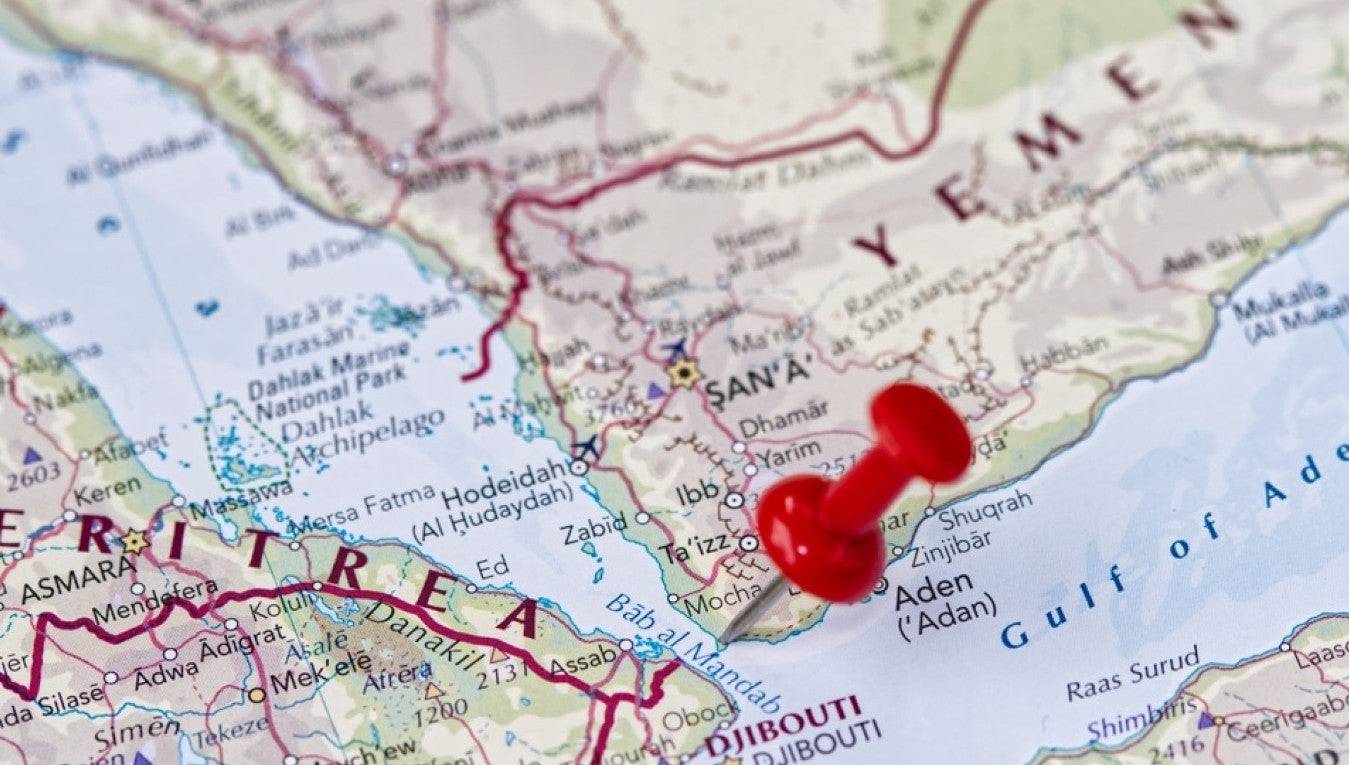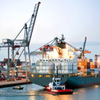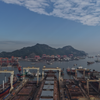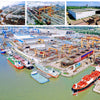How Shipping Companies are Responding to the Red Sea Crisis

The Red Sea, a critical maritime corridor connecting Asia and Africa, has always been pivotal for global shipping. However, recent geopolitical tensions and security threats have turned this region into a hotspot for the shipping industry. From oil tankers to cargo ships, all kinds of vessels face increased risks and challenges while transiting through this area. In response to this crisis, global shipping companies are adopting a series of measures to ensure both safety and economic viability.
The core challenge of the Red Sea crisis lies in its direct impact on shipping routes. The uncertainty of conventional routes has escalated risks, leading to delays and increased costs for ships. Moreover, the region's surge in pirate activities adds an extra layer of threat to maritime security. Additionally, shipping companies must also contend with potential terrorist activities and illicit trade.

In the face of these challenges, shipping companies have taken several measures:
Rerouting: Many companies are choosing longer routes to avoid high-risk areas, even though this means extended travel times and higher fuel costs. For example, some are circumnavigating the Cape of Good Hope, adding thousands of miles to their journey.
Enhanced Security Measures: Firms are bolstering the protection of their vessels, including hiring security teams and training crew members for emergency situations. Some companies have even installed advanced surveillance and defense systems to detect and respond to potential threats.
Collaboration with International Maritime Organizations: Shipping companies are working with international maritime organizations and other global bodies to share intelligence and best practices. This collaboration helps companies better understand and respond to risks in the region.


Crisis Management Teams: Many large shipping companies have established dedicated crisis management teams responsible for monitoring global security intelligence, assessing risks, and responding swiftly when necessary.
Insurance and Risk Management: Given the high risks, companies are also increasing insurance coverage for their vessels and adopting more sophisticated risk management strategies to mitigate potential financial losses.
The economic impact of the Red Sea crisis on global trade is significant. Route changes have led to increased transportation costs, affecting not only the profits of shipping companies but also the cost of global trade. For instance, longer detours not only increase fuel consumption but also lead to higher greenhouse gas emissions, exacerbating environmental issues.
In facing the Red Sea crisis, shipping companies have successfully mitigated challenges by flexibly adjusting their strategies, ensuring the safety of ships and crew while minimizing economic losses. However, this challenge underscores the shared responsibility of the international community in securing critical maritime routes. Only through international cooperation and dialogue can such crises be effectively addressed, ensuring smooth and secure global trade.
-
Posted in
cargo ship




